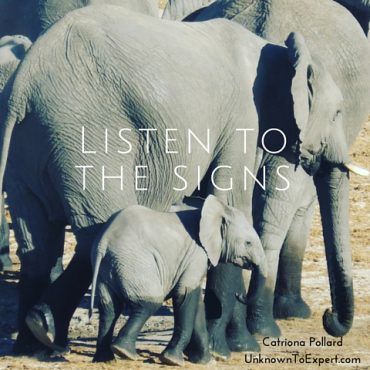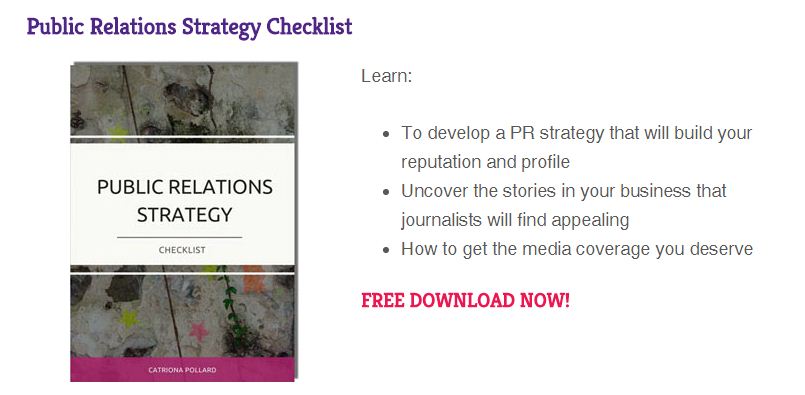What is ‘fake news’ and how can it damage your brand?
‘Fake news’ is constantly making headlines and even though  we’re aware of the practice, we don’t always register whether we are reading a fake story.
we’re aware of the practice, we don’t always register whether we are reading a fake story.
When dealing with the media, we avoid negative media coverage at all costs as it can be the death of a brand. But with the rise of fake news, how do you avoid getting caught up in convincing lies, or have your facts undermined by a power identity claiming that the news you are circulating is fake.
How can you spot fake news?
There are some key indicators you can identify to determine if a news story is fake, these include:
- A far fetched headline and is ‘click bait’ in nature.
- If the journalist or reporter has previously published bogus articles.
- The website isn’t a credible source and the story doesn’t have a credible source of information.
- The ‘credible’ source of information isn’t verified, has relatively few followers or was recently created.
Doing your own research and cross-checking stories are fundamental in determining whether a story is legitimate or not.
For example, several fake accounts began emulating “legitimate” news websites less than a day of the Notre Dame suffering extensive damage. There were hoaxes, conspiracy theories and misinformation spread around the cause and events surrounding the fire.
The below example is a screenshot of a fake Twitter account pretending to be a legitimate news outlet. This highlights the power of social media and how fast news can be made up and spread in such a short period of time.

What happens when real news is called out for being fake?
The term ‘fake news’ is also doing a lot of harm, as it can be used arbitrarily for the truths that we may not agree with. Is it a catch-all term for doubtful information? Is it used for false stories? Or does it involve the intention to deceive?
To preserve credibility in an age where fictional stories are undermining the object of maintaining truth, objectivity and critical thinking, it is important we uphold the following principles.
- Ensuring that the stories and information we put out are accurate, trustworthy and reliable.
- Always be transparent and have numerous sources readily available to back up claims.
If your brand or business accidentally reports the wrong information, it is better to be truthful when mistakes have been made in a time when everything can be easily fact-checked.
How do we shut it down?
The repercussions for both small and big businesses who get caught up in fake news can be significant, but there are steps we can take to stop it from spreading. These include:
- Let publications, especially traditional media and well-respected media outlets, become aware of the fake news that is circulating with credible sources to back up your claim.
- Utilise your brand’s social media accounts to debunk the circulating fiction.
- Let all stakeholders know that you have been victim of fake news to avoid any potential fallout. This could be through an email campaign, newsletters, and social media.
- Present the facts and back them up with relevant statistics or evidence to show you are being truthful.
- Act as fast as you can on all above advice. The longer you wait, the further the news will circulate and gain traction.
For example, US Senator Alexandria Ocasio-Cortez uses her Twitter and Instagram accounts to immediately call out fake news she has been subject to. This is one of the most efficient and effective ways to shut down the spread of a fake story, especially if there are millions of followers on the account.

While fake news is becoming more prevalent in daily reporting, there are simple steps you can take to differentiate what is being reported as fake and genuine news. It is equally important to ensure that the news we are sharing is legitimate and genuine. There are many different approaches to shut down the circulation of fake stories, but the key is to respond as quickly as possible with transparency.
Want to start building your own PR strategy? Download this FREE Public Relations Strategy Checklist:
Sydney Social Media and Public Relations Agency, CP Communications blends cutting edge offline and online PR and social media to help you gain a competitive advantage. Contact us today. For more great tips visit our website www.cpcommunications.com.au.
